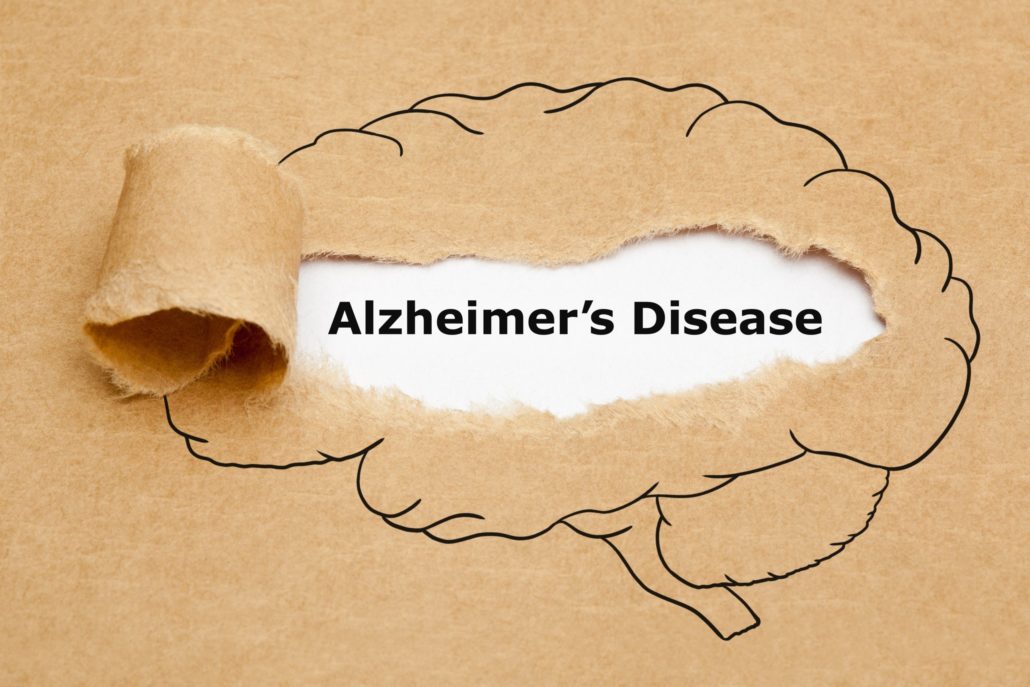Love hormone’ oxytocin could be used to treat cognitive disorders like Alzheimer’s
Alzheimer’s disease progressively degrades a person’s memory and cognitive abilities, often resulting in dementia. Amid efforts to find novel treatments for this disease, a recent breakthrough study by scientists from Japan shows that oxytocin―the hormone that we commonly know to induce feelings of love and well-being―can also effectively reverse some of the damage caused by amyloid plaques in the learning and memory center of the brain in an animal model of Alzheimer’s.
Alzheimer’s disease is a progressive disorder in which the nerve cells (neurons) in a person’s brain and the connections among them degenerate slowly, causing severe memory loss, intellectual deficiencies, and deterioration in motor skills and communication. One of the main causes of Alzheimer’s is the accumulation of a protein called amyloid β (Aβ) in clusters around neurons in the brain, which hampers their activity and triggers their degeneration. Studies in animal models have found that increasing the aggregation of Aβ in the hippocampus―the brain’s main learning and memory center―causes a decline in the signal transmission potential of the neurons therein. This degeneration affects a specific trait of the neurons, called “synaptic plasticity,” which is the ability of synapses (the site of signal exchange between neurons) to adapt to an increase or decrease in signaling activity over time. Synaptic plasticity is crucial to the development of learning and cognitive functions in the hippocampus. Thus, Aβ and its role in causing cognitive memory and deficits have been the focus of most research aimed at finding treatments for Alzheimer’s.
Now, advancing this research effort, a team of scientists from Japan, has looked at oxytocin, a hormone conventionally known for its role in the female reproductive system and in inducing the feelings of love and well-being. “Oxytocin was recently found to be involved in regulating learning and memory performance, but so far, no previous study deals with the effect of oxytocin on Aβ-induced cognitive impairment. Realizing this.
Oxytocin is known to facilitate certain cellular chemical activities that are important in strengthening neuronal signaling potential and formation of memories, such as influx of calcium ions. Previous studies have suspected that Aβ suppresses some of these chemical activities. When the scientists artificially blocked these chemical activities, they found that addition of oxytocin addition to the hippocampal slices did not reverse the damage to synaptic plasticity caused by Aβ. Additionally, they found that oxytocin itself does not have any effect on synaptic plasticity in the hippocampus, but it is somehow able to reverse the ill―effects of Aβ.


Leave a Reply
Want to join the discussion?Feel free to contribute!